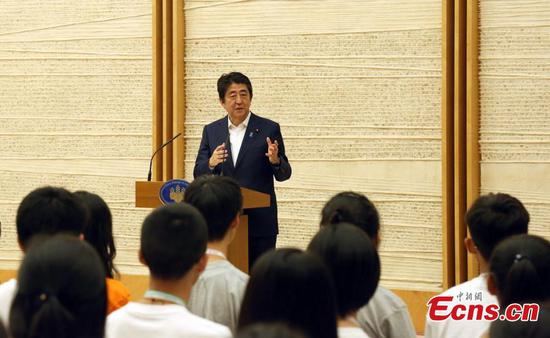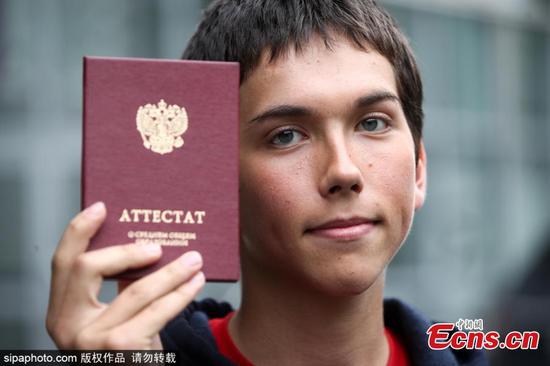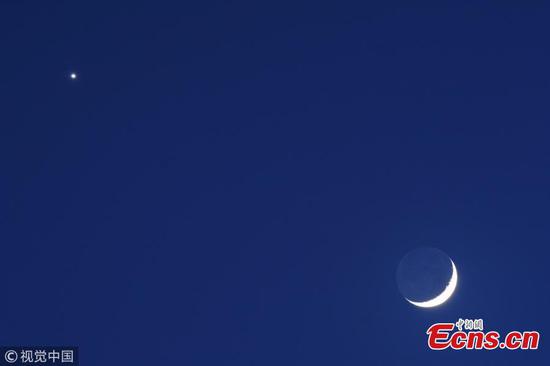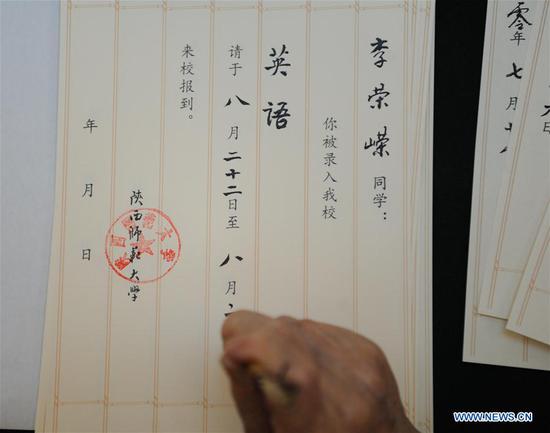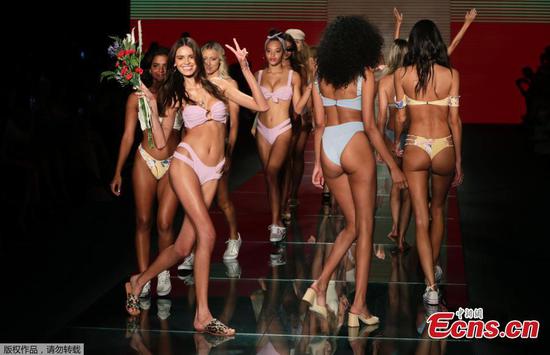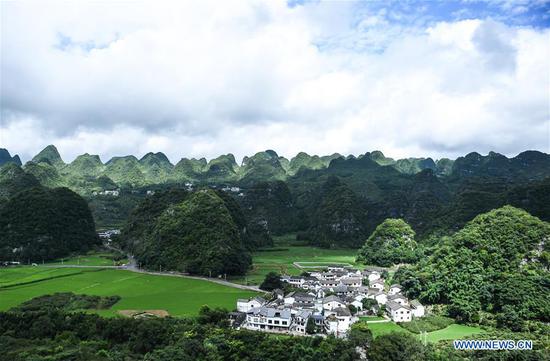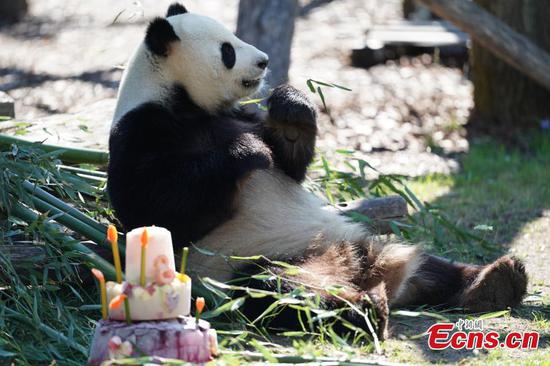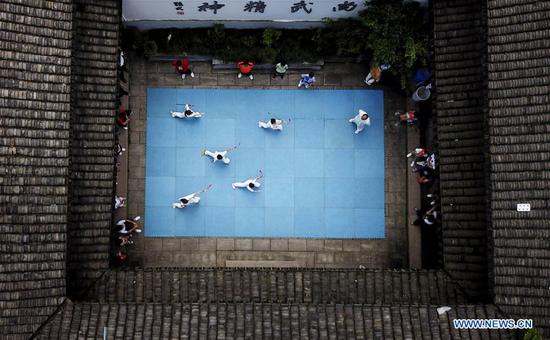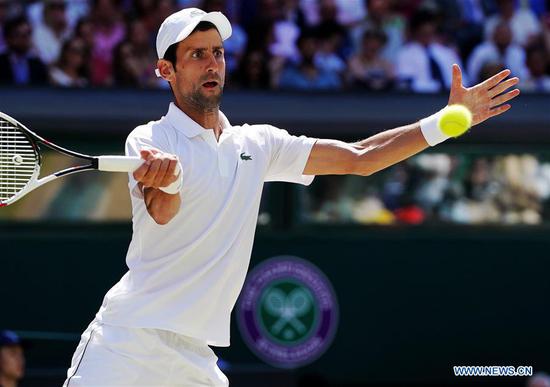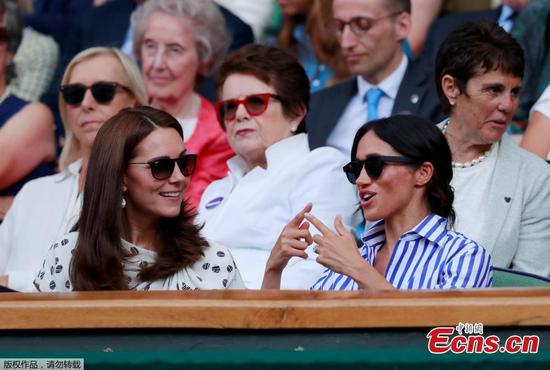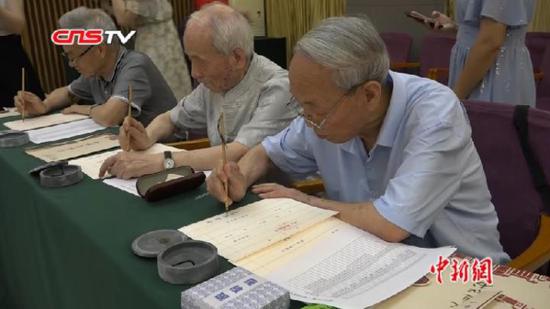The U.S. has been dictating global rulemaking to serve its own interests at the cost of justice and equality, the spokesperson for China's foreign ministry said on Tuesday.
Hua Chunying spoke as China continued to defend itself after a series of reports by the U.S. accusing Beijing of unfair trade practices.
“The U.S. has been putting its own interests above global interests and outmatching the international rules with its own game," Hua said. "That unilateral action is not supported by any country in the WTO (World Trade Organization). "
She said that China will continue to be an exemplary student of the international order and global trade rules. "We hope the U.S. could respect and obey the WTO rules and protect the multilateral trade system," she continued.
China lodged an additional complaint with the WTO on Monday over tariffs on 200 billion U.S. dollars of Chinese goods implemented by the U.S. based on a trade investigation against China under Section 301 of the U.S. Trade Act, according to the Ministry of Commerce.
Hua said that China's retaliatory measures against the new tariffs on Chinese imports have sufficient factual and legal justification.
"The U.S. actions, based on Code 301, are typical unilateral ones in violation of the WTO's principles of most favored nations and restricted tariffs," Hua said. "While knowing clearly its Code 301 is against the WTO rules, the U.S. still chose to hold in contempt and trample on the multilateral rules. With the intention of safeguarding the multilateral trade system, China has, for the first time, presented the U.S. actions to the WTO dispute settlement mechanism.
"In the face of unreasonable blackmail from the U.S. side, China has no choice but to take countermeasures which have sufficient factual basis and a firm legal basis. We have seen that recently many WTO members, such as Canada and Mexico, have taken countermeasures against U.S. unilateral actions."
The new China complaint to the WTO took place less than one week after the U.S. government proposed an additional 10 percent tariff on a 200 billion U.S. dollars of Chinese goods, to take effect in September at the earliest.










